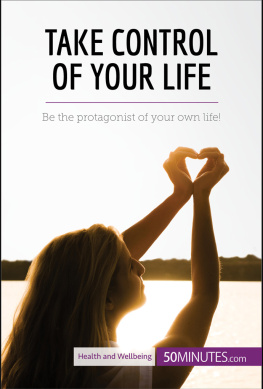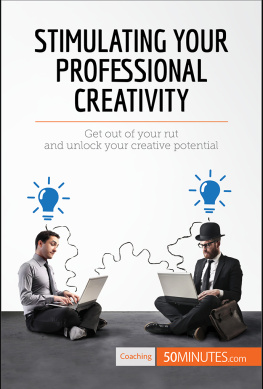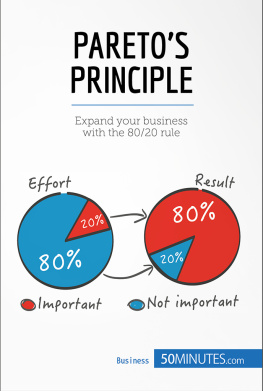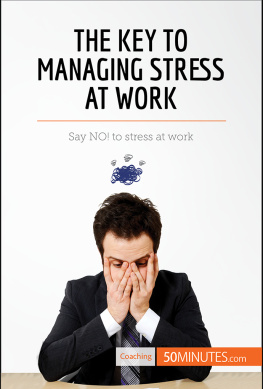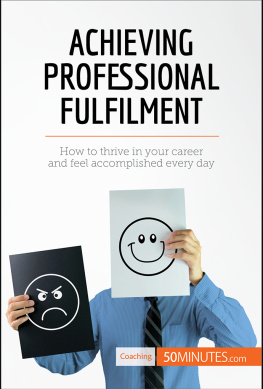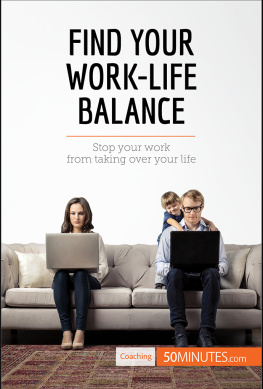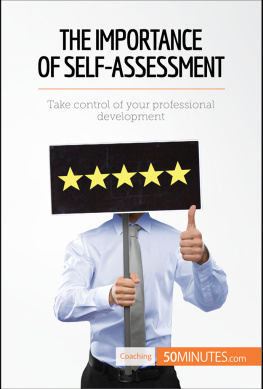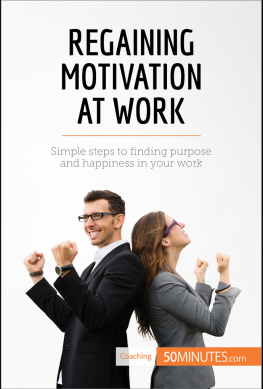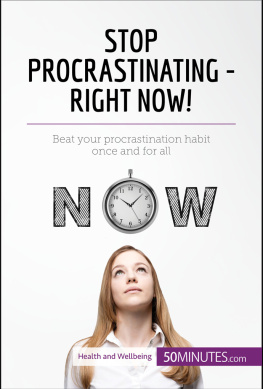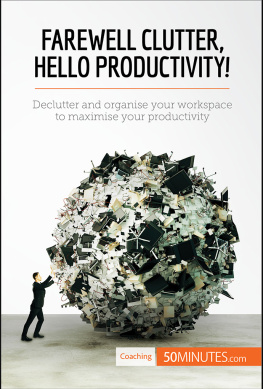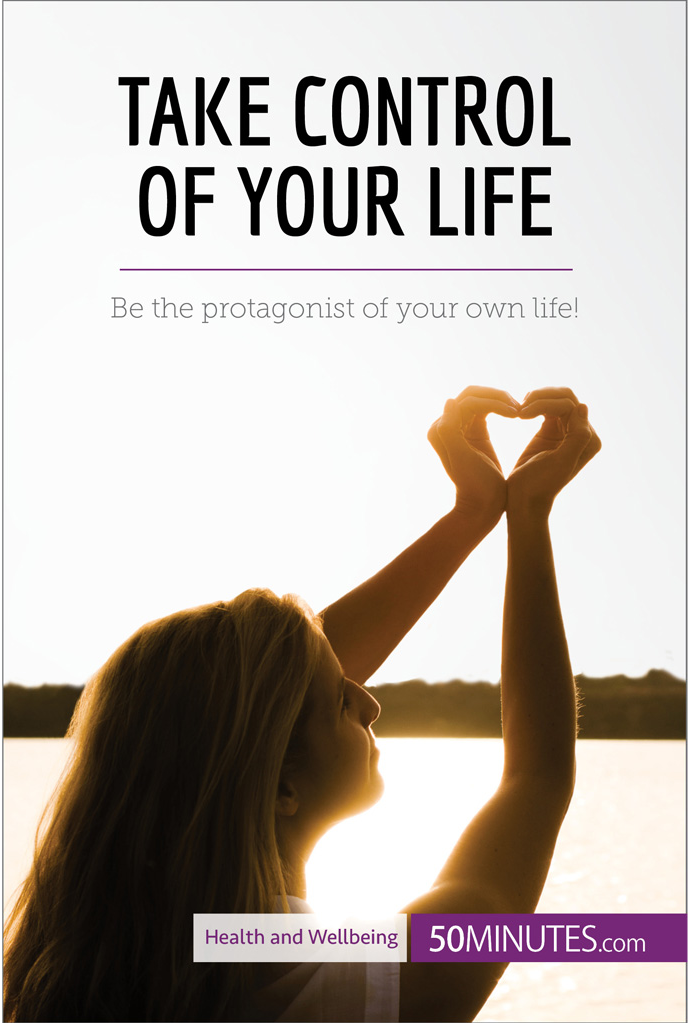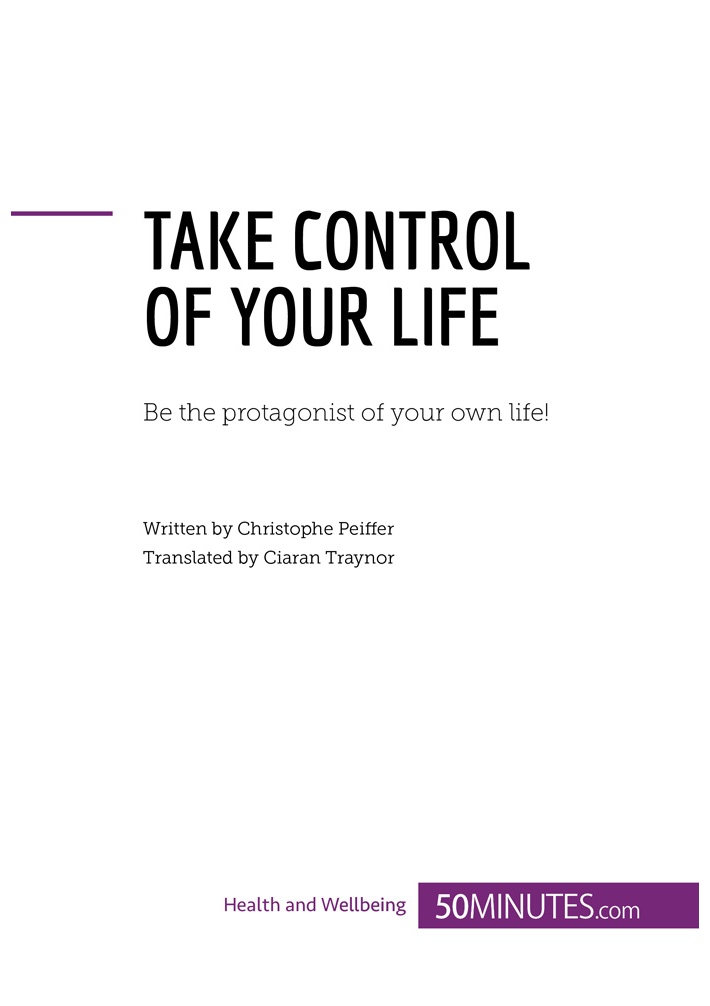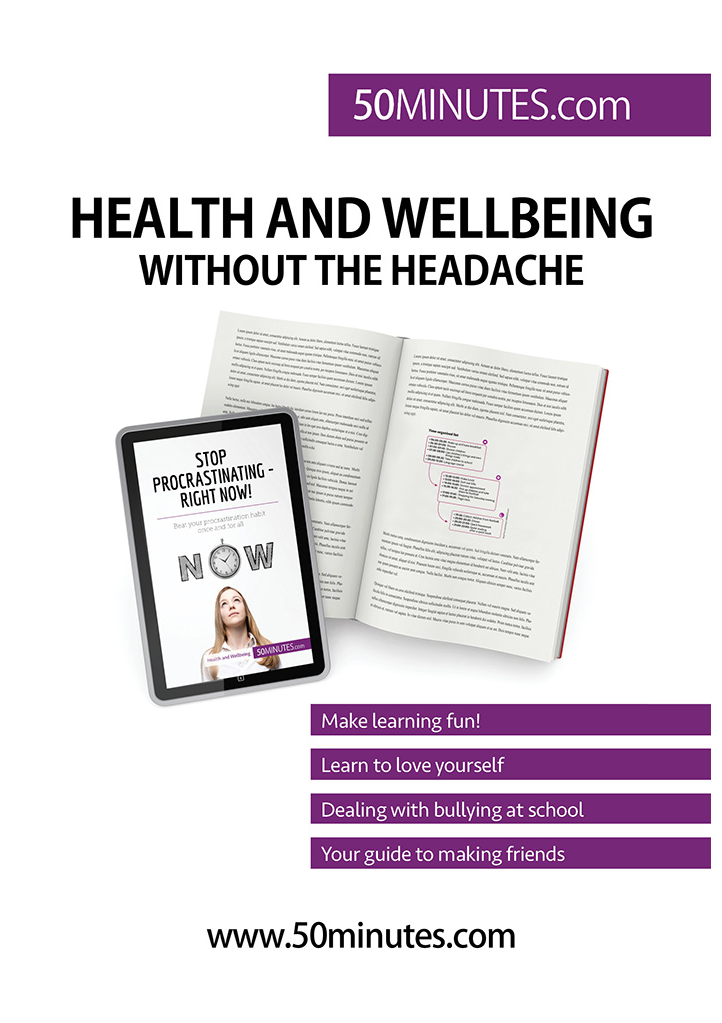Take control of your life
- Problem : when you feel like you have lost control of your life, how can you get it back?
- Aim : many people dream of taking control of their lives, without really knowing how to get there. Each of us may be forced to take on this challenge at some point, and so this book aims to give you the keys to take the first steps down your new path in life.
- FAQs:
- How can you tell if you need to take (back) control of your life?
- Change scares me. How can I overcome this fear?
- How can I get out of my comfort zone?
- What can I use to help me take control of my life?
- How can I actually go about doing this?
- How can I find the time to take control of my life?
- I have a lot of plans that are really just vague ideas. What can I do to make them a reality?
- Do I need to question everything?
Unlike the French director tienne Chatiliezs film, life is anything but a long, quiet river. You may sometimes have the unpleasant feeling that you are struggling through life rather than being the main actor. It is a little like being on one of those airport travellators, watching the scenery go by while actually not moving. Taking control of your life means getting off the travellator and walking with your own two feet, fully aware of where you are going and channelling your energy towards something meaningful.
To start with, take a look at your life. Imagine yourself climbing into a helicopter and then rising up off the ground. Suddenly, you can see your lifes path stretching out in front of you.
Whether close up or from afar, your journey looks like that of many others, with its highs and lows, its good times and the times you would have preferred to do without. You probably have a classic education, after following the advice of those who want nothing but the best for you. And so off you went to university or to learn that interesting trade which you idealised. As a result, there is a good chance that you have found a job loosely related to your studies and that you have begun to trade your time for your employers money.
Your personal life is no doubt rather similar. Yet one beautiful morning you woke up with this unpleasant feeling that you have missed out on something and are not living the life that you pictured for yourself. It is like a call from the deepest part of your being, a grave, intense whisper that takes you completely by surprise: Its time to take control of your life! But how can you go about doing this? That is where this book comes in: it aims to help you to make a fresh start by listening to yourself and paying attention to the values that you hold dear.
Why have you lost control of your life?
Other peoples influence
It cannot be denied that education plays a vital role in how we take our lives into our own hands. You should not judge your parents for the way they raised you. It is natural that they wanted to share their vision of the world with you and, not counting a few rare cases, they probably did their best with the means that they had. Moreover, most of the time, they took an active role in the different choices that you were faced with. This is neither a bad thing, nor a good thing; they just unconsciously projected their own desires on to you. They only had your best interests at heart they believed that you shared their values. After all, they made you! When they think of your personality, it is a bit like their mini-me. It therefore seems obvious to them that what would have been or would be good for them is obviously good for you too.
Another influence is probably one of the worst poisons of modern society: television. Nowadays, babies are assailed by a continuous stream of television programmes as soon as they are big enough to sit on a couch. As Patrick Le Lay said in 2004, while he was the head of TF1 (French TV channel), what we sell to Coca Cola is available human brain time (Les associs d'EIM, 2004). This space is essential if companies want to make us buy a certain product while under the illusion we decided to buy it ourselves, or even if they want to somehow influence the way we see the world, thereby denying us our critical thinking skills. Is there anything more passive than watching a screen where we are spoon-fed supposedly entertaining or informative images? This addiction to an object which sucks up your potential to develop, your creativity and your potential to create stimulating projects causes you to lose control of your life.
In additions to these huge influences on your life, there are others such as:
- Careers advisors , who can steer an individual based on some grades on a piece of paper. This implies that your (professional) life is determined by what you do. Does who you are even matter? Best to forget about that question: it is too complicated for them and not their priority.
- Friends who want nothing but the best for you and who, a bit like parental figures, are full of good intentions when it comes to helping you. And so you will be treated to a flood of well-meaning advice in the pub such as you have to, you should or if I were you.
- Your partner, who influences you with their very presence. However, do not take this the wrong way: this does not mean that he or she is the root of the problem, it just means that your bond can lead to situations such as compromises. For example, you want to go to the cinema, but your partner would rather go out for dinner, and so you find a compromise to keep both of you happy.
Losing sight of who you really are
All these figures can, to a certain extent, create a sort of space or rift which slowly moves you further and further away from who you really are. If this sounds familiar, you may be feeling out of step with your deepest feelings, the part of yourself where:
- all your hopes and dreams for your life can be found;
- your true needs are illuminated with a brilliant light;
- you have abilities in certain areas that others do not;
- you take an immense pleasure in being in contact with what makes you tick;
- you are aware that you were made for something other than what you are doing today;
- you have the feeling that you can contribute to something bigger;
- you are intuitively aware of the meaning of your life.
This part of you is always somewhere within you, and it will sometimes appear with a message. This message is your Calling.
Your Calling
Losing sight of who you are is a result; it is the final step of a long process involving a mixture of these previously-discussed influences, certain unconscious defence mechanisms that make you think that taking control of your life is risky, or even getting trapped in a kind of comfort zone in your everyday habits.
For all that, you slowly begin to perceive a range of little signs, which are trying to tell you what meaning you should give to your life. And the more you try to repress them, the stronger they become. They crop up again and again under different guises. It is a bit like a call, a little voice which grows stronger and stronger and whispers existential questions in your ear:
- Why do I always meet the same toxic people?

